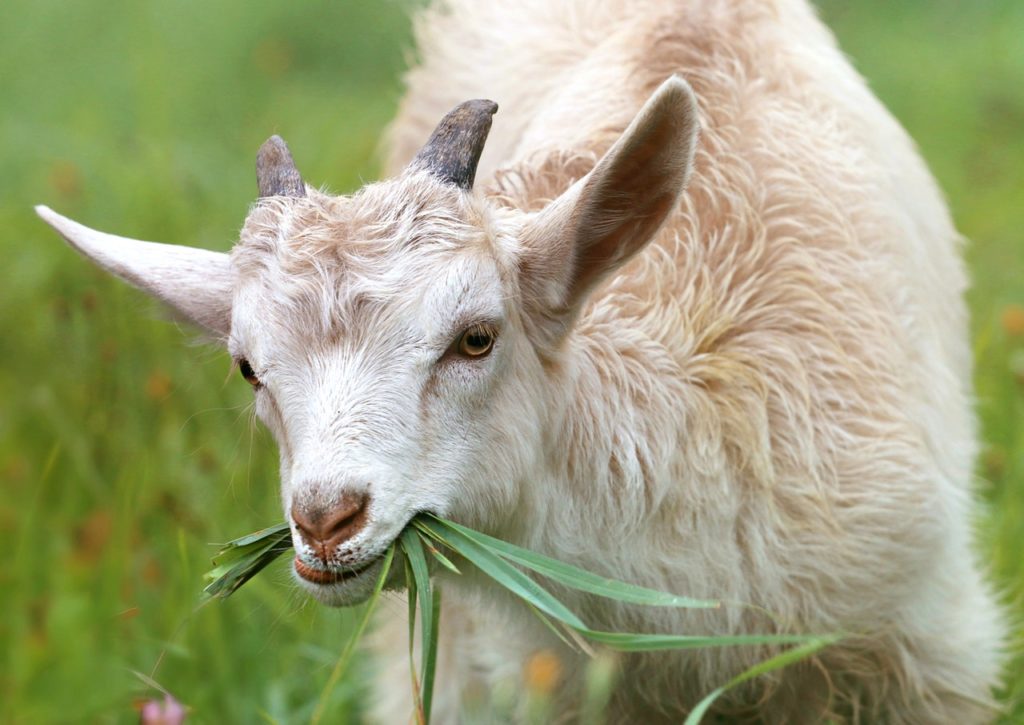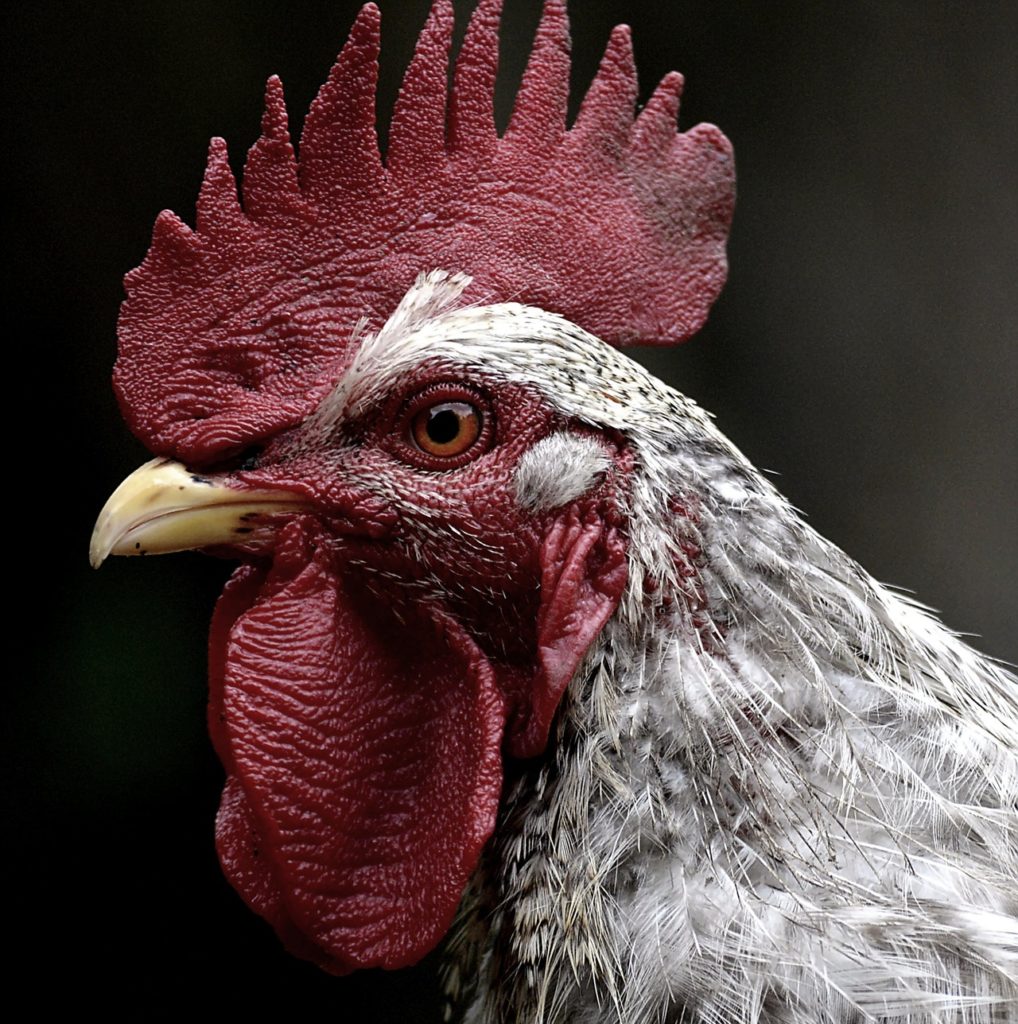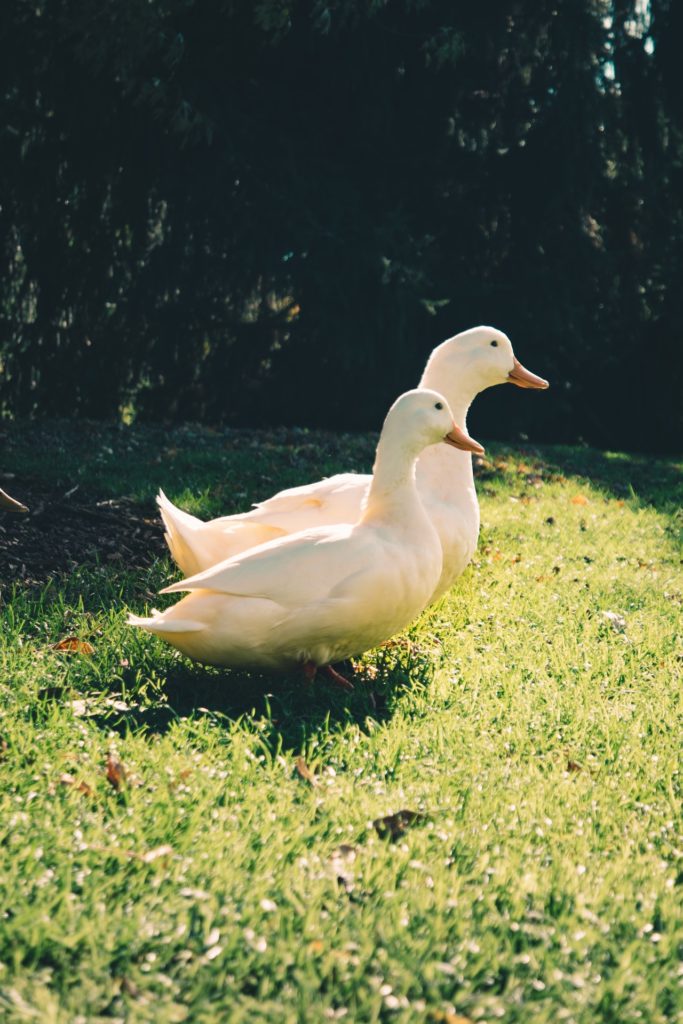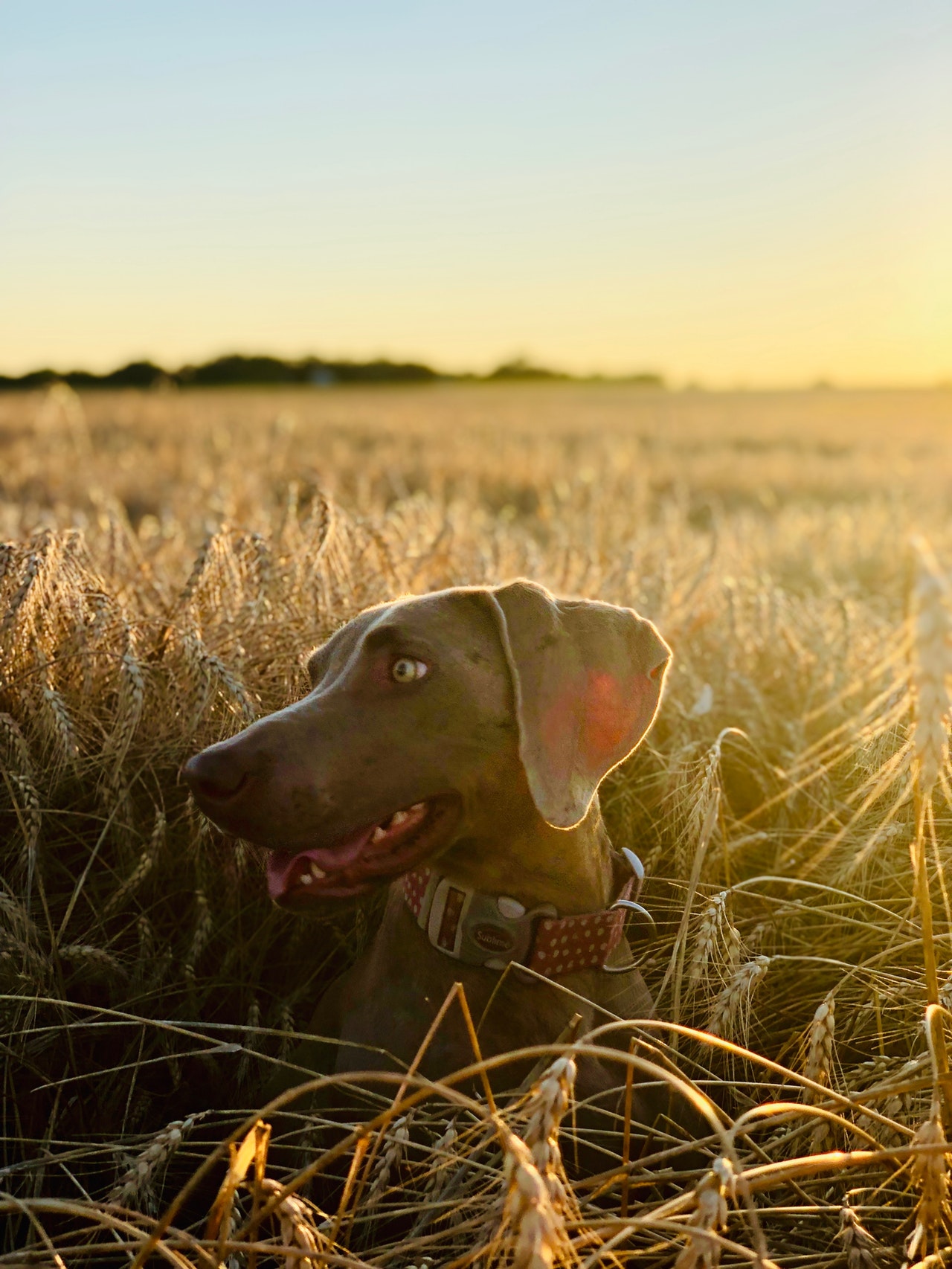How animals and our human systems cooperate, by accident or design, deserves an entire book. Technically, even insects fall under the Animalia kingdom, and I will touch on some of them. What’s important is that you get a good feeling about using your happily employed animals and insects to help your production, without putting them at peril and, in fact, giving them as much benefit as you are taking. Permaculture lies at the heart of having a sustainable, balanced and self-healing system.
One principle of permaculture states to ‘observe and interact’ and this is a great place to start. By observing what our animals need, how they gain and use their requirements and what they produce (as waste or by-products), we can note some important aspects. Bees, as an example, need to gather pollen and nectar to provide for their energy and protein requirements. Their collection process does not harm the blossoms and flowers they visit. In contrast, the plant enjoys pollination by this process, allowing that plant to continue its existence through reproduction. You could stop here and tell yourself that keeping (or allowing) the bees near your operation already benefits your fruit trees and vegetables; or you can further enjoy beehives by gathering honey and propolis. This may cause damage to the beehives if not done properly and respectfully though.
A myriad of other insect, microbial, and animal life-forms exists alongside the production areas of our farms and gardens. All five (permaculture) zones are often crawling with life, and with close inspection you will see more favour than drawbacks to this. Let’s ignore the predatory heroes for now, the dragonflies and lady-bugs, the owls and snakes devouring mice, and stick to the domesticated creatures.

It is almost inconceivable to delve into this without chickens, chooks, hoenders. They are easy to keep healthy and happy if you cover their needs. We keep almost thirty chickens in a fixed coop, about four-by-four metres in size. After dark they put themselves back in the coop, after which we lock up to prevent predators ingress, but during the day they are free to roam. Chickens are omnivores, and they are happiest and healthiest when they can scratch for seeds, insects, and greens. They may encounter small snakes, scorpions, or mice in the yard, and will almost always kill and feed on them. Known for amazing defences, they make almost no mistakes at clearing the area of pests for us. We haven’t slaughtered our chickens for meat, yet. This may become necessary, but for now our Araucana and Pekin breeds are producing a solid stream of healthy, golden-yolked eggs for protein.
Chickens produce manure in the coop where the hay layers become carpets of fertility ready for composting and gardening. Free-ranging also leads them all over the place, where they deposit manure, scratch over areas and improve soil conditions. Many people will use them to ‘tractor’ new vegetable beds or planting areas by moving transportable chicken-coops around. Confining them to a healthy space, where they can spend several weeks moving around compost, clearing pests, and cultivating the top-soil is a massive bonus. Moving wheeled chicken-coops into portable-fenced areas, packed with greens and a heap of compost is also a common practice. The compost gets spread and cut worms annihilated in as little as two weeks. Always make sure your chickens can access fresh water, and where free-ranging may not provide a complete diet to supplement with nutritional amendments (seeds, veggies, etc). A spritz of apple cider vinegar in the water supply helps keep them healthy on several levels. Lest we forget, they are intelligent, fun to watch and provide us with a stable supply of laughs.

Goats were always on the list for us. Our stay on the Karoo farm introduced us to sheep, and it would have been our way to go if we had the space. Goats were the obvious and logical choice, Nigerian Dwarf goats to be exact. Dwarf goat’s milk has a very high level of butterfat and is more digestible, making it a very preferred milking goat. People that have digestion problems with cow’s milk will also experience less, or no, issues with goat’s milk. We have no intentions of eating meat from our own goats, and the milk would be a primary factor here. There are many goat breeds, large and small, that will satisfy the needs of those choosing to slaughter for meat. If you are after small livestock that can provide milk and cheese, look no further. Our goats are like pets that pay their rent. They are cute, fun and provide dairy. They are ferocious weed-removers and slow but stable manure producers. Older smallholders and small-scale farmers may opt for larger goats to gain fibre or carry their payloads around the farm. Using goats with special backpacks is an option for those who cannot move around feed, hay or gardening tools. Always research your breed, its needs, and the pitfalls. Goats need a pen area for their own safety and for your plants.
Ducks are new to our family, but we learnt from friends who keep ducks amongst other sources of information. We wanted ducks before we knew any of their real advantages, but that they produce superior eggs is a winning factor. Larger, fattier, smoother and tastier eggs that you sometimes find yourself hunting for in the grass are also worth a little more than chicken eggs. Chickens will sometimes rip out our sprouts or dig up smaller plants while searching for bugs. This is not the case with ducks. They are ferocious snail and slug hunters, will eat the hardy bugs that chickens hate and they deposit manure as you would expect, without the tornado trail the chickens can leave behind. Our call-ducks are fun, hooting around. There are many duck breeds, however, and due diligence is mandatory prior to jumping on the duck-wagon. Some breeds, like Muscovy, will lay less and eat more. If your duck pond leaks, you may even find they are good sealers too. Agitated silt, clay, and duck manure acts as nature’s sealer, a process used since ancient times in Europe.
While we have limited our experience with other animals, I know that each of them fits into a place and time. Rabbits are great meat producers with excellent manure deposits. Donkeys are good at keeping en eye on things and deterring some predators and quail eggs fetch some good value. Do not forget the cats and dogs, keeping the mice and other nasties at bay, while being friendly farm animals and great pets. We want to present a follow-up article in the coming months that will be even richer in information about a few more animal types.
Mismanagement and lack of understanding basics could present some issues, though. Don’t think for a second that any fowl in the yard will be untraceable. They all have some effect or trail. Managing the quantity and areas that we allow them in is important. Ducks eat lettuce and some berries, so we will never allow them where we grow these crops. We limit chickens to one side of the property too, for the same reason. While we spend very little time assisting animals with ailments, it is good to know what can happen and how to deal with it. Chickens can, for example, have any of a long list of issues easy to treat or prevent with good diets, care, and sometimes vaccines. It’s common to see conditions and problems on chickens that go untreated. Do not let your animals develop problems, and when they do, take the responsibility to aid. Goats, when left unattended in the wrong area, will diligently browse away at your flowers and bushes. Larger goat breeds are difficult to manage, and they can eat as much as they can climb and escape fenced areas. Think about these things, do your research, and take it easy.

Last but not least, I cannot wrap up an article without urging balanced behaviour in the ecosystem. Accept that you need to take control for whatever you cause. Live with your decisions. When you introduce animals into a healthy, functional ecosystem, you will also set in motion a chain of events affecting things around it. Squeaking chicks will attract snakes and birds of prey, and you will lose some. Deal with the issue, without trapping or killing wild animals that are out to live their lives. Let your problems also be your solutions. Never use poisons to kill off mice, instead cull them by getting cats or with humane traps. Better yet, deter them with mechanisms or plants. Let your yard, farm, or smallholding operate as an ecosystem where everything ties together and acts symbiotically.
Follow the advice of other people, including ours, at your own peril. Nothing beats research and fitting the right animal to the right place. They can all provide solutions and they will all bring problems of their own, but it can always work for benefit of all if done right. Nature functions in a very balanced give-and-take manner, and if you can do this with your animals, there will be nothing but joy and productivity.
Simple-Earth and Litengard wishes you the best and happiest Christmas season. Be safe, be efficient, and be simple.

